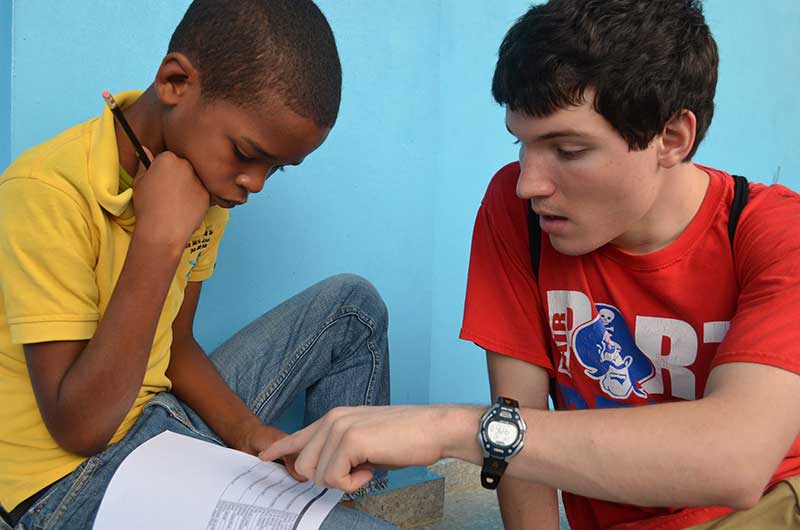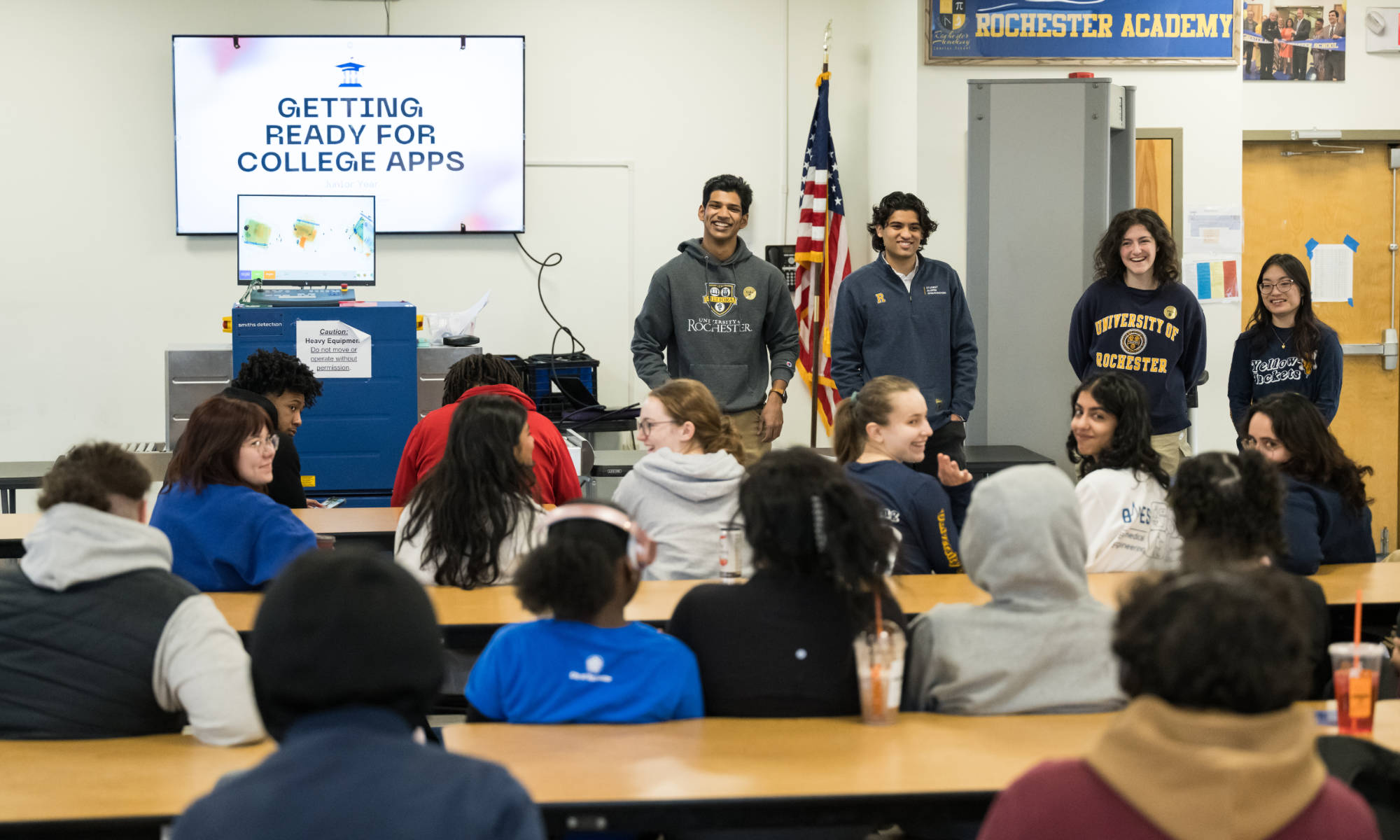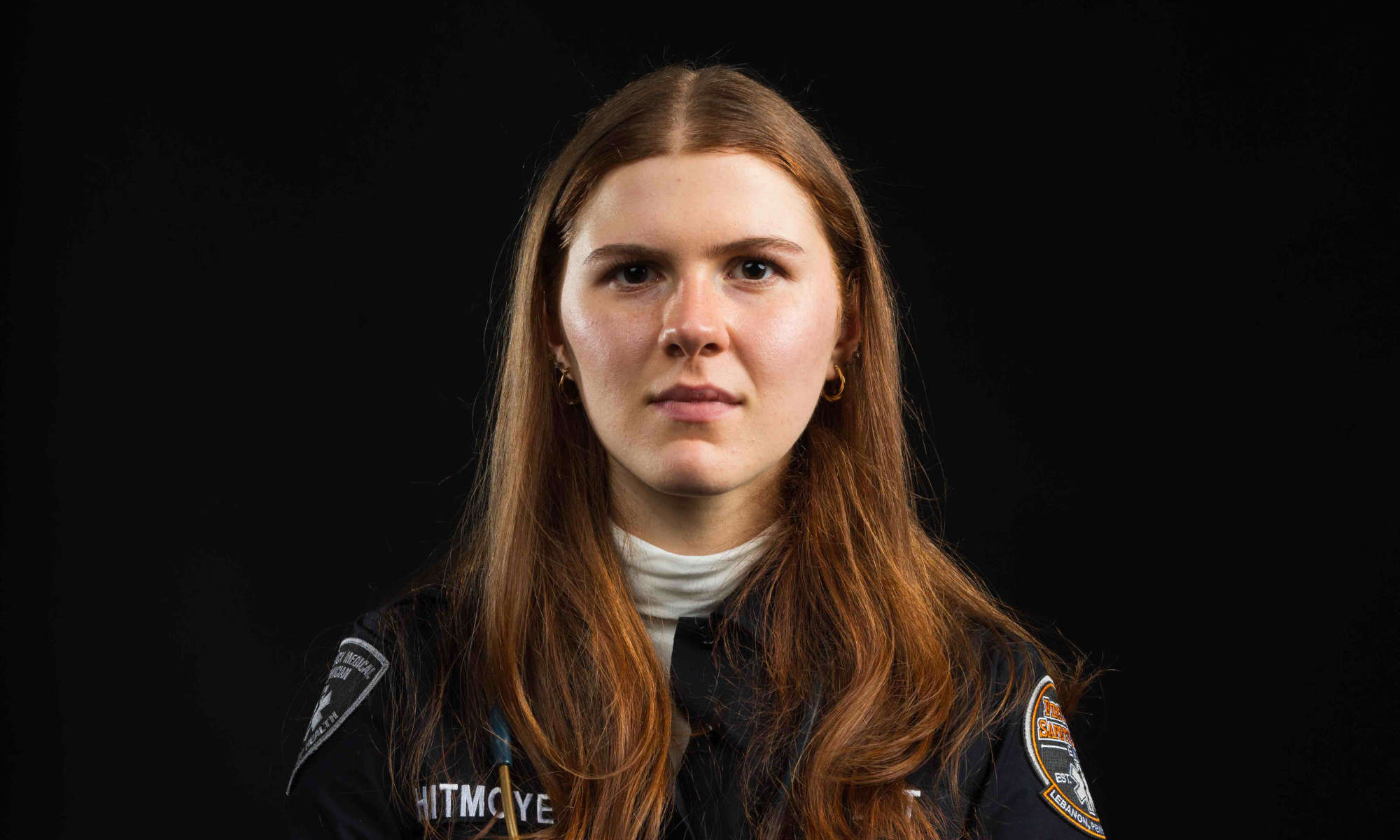For Luke Dengler, Eva Hansen and Raymond Chin, the quest is nearly finished.
For nine other students, the quest has just begun.
The 12 students are the first to seek recognition as Grand Challenges Scholars at the University of Rochester, which joined the National Academy of Engineering program last summer. Students from any discipline can apply, including humanities and social sciences.
NAE’s Grand Challenges for Engineering
Sustainability
Manage the nitrogen cycle
Provide energy from fusion
Develop carbon sequestration methods
Make solar energy economical
Provide access to clean water
Health
Advance health informatics
Engineer better medicines
Reverse-engineer the brain
Security
Restore and improve urban infrastructure
Prevent nuclear terror
Secure cyberspace
Joy of Living
Advance personalized learning
Enhance virtual reality
Engineer the tools of scientific discovery
The initiative is aimed at educating the next generation of students to tackle some of the most pressing issues facing society in the 21st century. Students are asked to come up with their own combinations of research, interdisciplinary scholarship, entrepreneurship, global experiences, and community-engaged learning to explore one of 14 grand challenges identified by the NAE. Students who meet the requirements are listed at the Grand Challenges web site and receive a medal at graduation.
“This is a great way for students to take ownership of their education here and gain an edge when applying for graduate school or jobs,” says Wendi Heinzelman, dean of the Hajim School.
Completing the Grand Challenges “is a valuable capstone to a student’s undergraduate education because it ties together the many experiences they have had during their time at Rochester under a central theme,” adds Emma Derisi, an academic counselor with the Hajim School. “It showcases the value and inter-relatedness of courses, projects, and service that are inside and outside of the major. This makes it easy to talk about and understand seemingly disparate experiences by connecting them back to a Grand Challenge. The result is a culmination of all a student has done, presented in one thoughtful, integrated package. It’s great material for interviews.”
Even before they knew about the program, Dengler, Hansen and Chin were engaged in experiential learning that could be applied toward the requirements of the Grand Challenges program.
Both Dengler, a senior in chemical engineering, and Hansen, a senior in biomedical engineering, explored the challenge of providing access to clean water while serving with the University’s Engineers Without Borders chapter all four years as undergraduates.
The chapter designed and installed a system to provide potable water to a school in Don Juan, Dominican Republic.
Both participated in trips to Don Juan where they conducted on-site bacterial and chemical analysis of the water. They also took classes in public health, and served in leadership roles in EWB.
Chin, a senior in biomedical engineering, says the Grand Challenges program “allows me to reflect and appreciate the accomplishments I have achieved as an undergraduate.” He has explored the challenge of “engineering better medicines” through:
- A DAAD Rise internship in Leipzig, Germany in 2016, engineering 3-D micro-environments to control cancer cells.
- A research internship at Pfizer Pharmaceutical in 2017, studying drugs related to cardiovascular ad metabolic disease.
- A graduate level course on the FDA and intellectual property.
- Participation in a University/FDA regulatory science competition.
- Additional courses in neurological diseases and the drugs engineered to treat them.
“We have a number of faculty across the University with interests in virtually every one of the NAE Grand Challenges,” Heinzelman says, “from biomedical research in our Department of Biomedical Engineering and at our School of Medicine and Dentistry, to fusion research at the Laboratory for Laser Energetics, to novel educational models developed at the Warner School, to the research that occurs within our Goergen Institute for Data Science, our Augmented and Virtual Reality initiative, and our Center for Energy and the Environment.

“This makes it possible for students to obtain rich experiences in any of the Grand Challenges in which they are interested.”
Lisa Norwood, the Hajim School assistant dean of undergraduate studies, told students students at an introductory meeting that “One of the reasons NAE started this is because all of the people in NAE are my age or older. We’re not going to be solving these problems. It’s going to be those of you in the next generation.”
Madhaven Murali, a freshman in mechanical engineering, is hoping to qualify as a grand challenges scholar by “engineering the tools for scientific discovery.”
“Engineers lead their community – and the world – forward into the future,” Murali wrote in his application to the program. “The NAE’s Grand Challenges are a compilation of some of society’s most pressing questions, and it’s about time that I participate in the journey towards a better future.”
To learn more about the Grand Challenges Scholars program or how to participate, contact Emma Derisi at Emma.Derisi@rochester.edu



